News
Olmix Group sheds light on the future of Asian feed industry
The future of the Asian feed industry over the next 10 years was addressed at Olmix Group’s Technical Seminar recently held recently in Ho Chi Minh City, Vietnam.
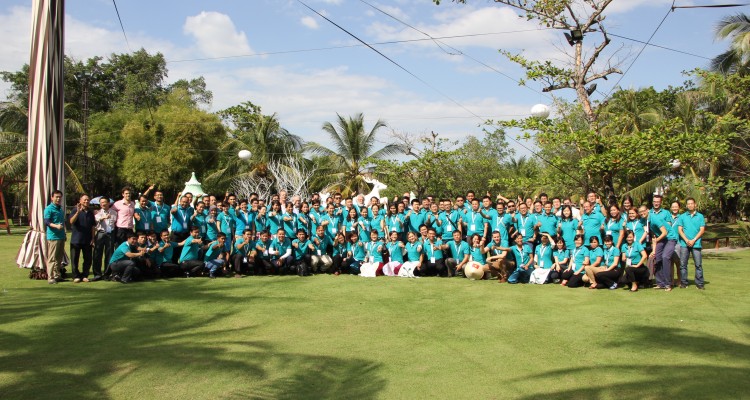

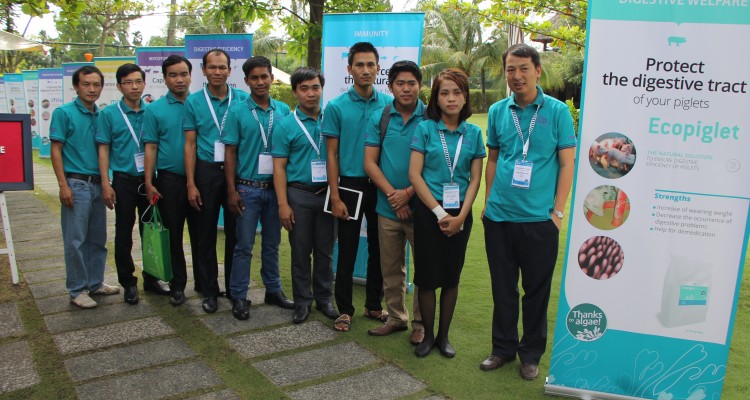
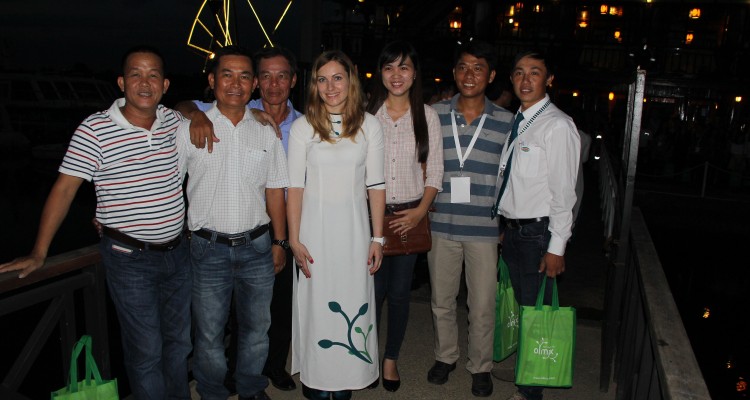
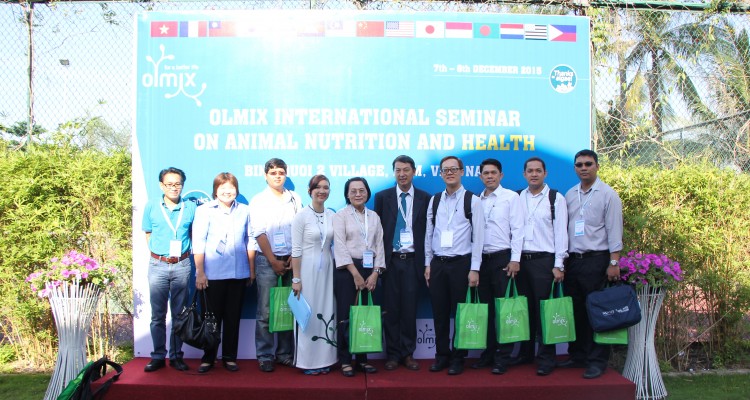
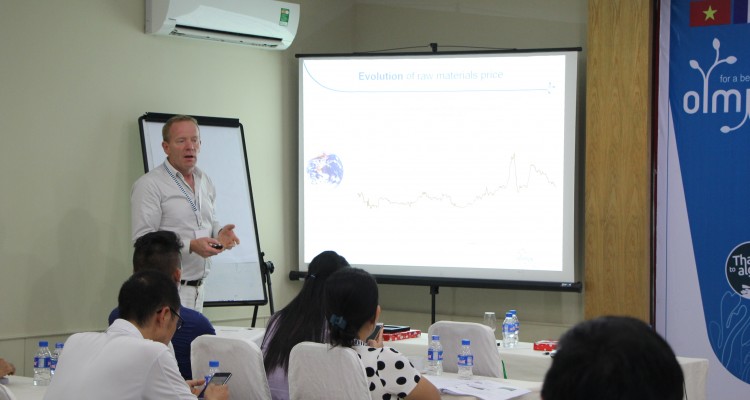
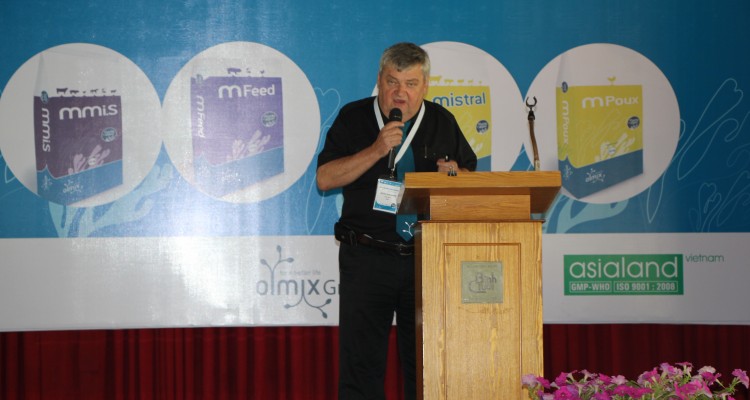
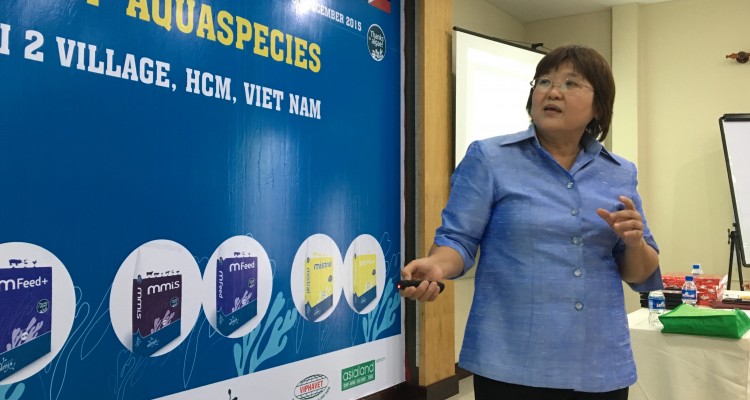
Participated by over 200 attendants from across the region, the seminar focused on how to serve the need of consumers in Asia who are demanding food that is wholesome, safe and friendly to the environment.
“Olmix is committed to providing natural solutions for animal production without antibiotics. This seminar is a part of our services to assist the industry to achieve this goal through sharing latest information and research in this area,” said Herve Balusson, Olmix’s Group founder and CEO.
Olmix develops a range of natural solutions based on algae for the production of animal without antibiotics. At the seminar, the organizer invited Dr Herve Demais, Olmix consultant from France to speak on this topic. According to Dr Demais, marine sulfated polysaccharides (MSP) in algae have properties that are useful for animal such as antiviral, ant-inflammatory, immune modulating, antioxidant and more.
Through applying a combination of MSP-based products, Olmix has demonstrated that antibiotic-free production of animals is possible. As an example, a recent trial conducted in Thailand on MFeed+, which contains clay and algae designed to boost enzyme activity in animal, showed that it can significantly improve growth and performance of tilapia. Conducted at Kasetsart University in Thailand, the trial fed tilapia with diets containing varying levels of fish meal. The test diet is composed of MFeed+ at 0.1% and 0.2%.
“The study clearly demonstrated that the growth and performance of tilapia fed a diet containing 20% fish meal and 0.2% MFeed+ was the best compared with the other groups. This signifies that MFeed+ plays an important role in improving nutrient digestibility due to its capability in boosting enzyme activity,” said Dr Orapint Jintasataporn, researcher and lecturer at the university.
The challenge of the animal industry in Asia
Michel Guillaume, Olmix’s Technical Director, shared his views and analysis on the challenge of animal nutrition and health in Asia over the next 10 years. He said consumer’s food expectations are getting extremely demanding and sophisticated. Apart from nutrition, they require safe food that is free from hazardous health damaging substances such as antibiotic residues, heavy metals, beta agonists, hormones, dioxins and mycotoxins.
Furthermore, they place a great emphasis and interest in environmental correctness, hygiene, welfare issues, sustainability in animal production, and social responsibility. To meet specific demand from food mass distribution, he said, putting consistency in volume supplies, vertical integration from farms to retail food shops is becoming the major link between production and food consumption.
“Feed manufacturers will have in the future to fulfill responsibility and feed animal in accordance with the strictest requirements for bio-safety in food supplies. They will have to exercise a critical screening of their feed ingredients and use effective alternatives to antibiotics”, said Mr Guillaume.
